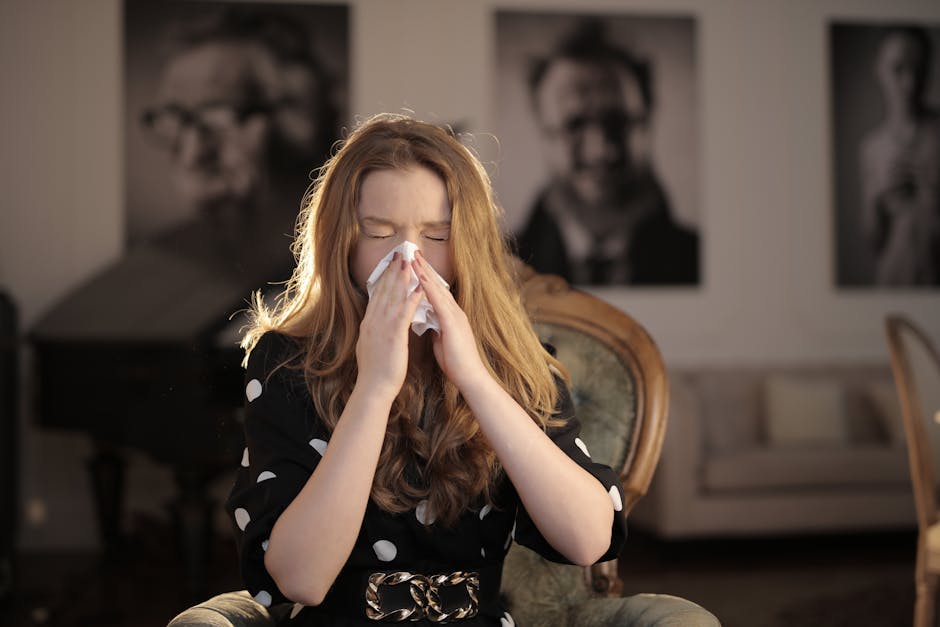Allergic reactions range from mild discomfort to life-threatening emergencies. Among the most serious is anaphylaxis, a rapid-onset allergic reaction that can affect multiple body systems and requires immediate medical attention.
What Is Anaphylaxis?
Anaphylaxis is a severe allergic reaction that can occur within minutes of exposure to an allergen—such as certain foods, medications, insect stings, or vaccines. It’s unpredictable and can escalate quickly, making early recognition and treatment critical.
Common Symptoms of Anaphylaxis
Anaphylaxis typically involves two or more body systems. Symptoms can vary from person to person and even from episode to episode in the same individual. Common signs include:
Skin and Mucosal Symptoms
- Hives (urticaria)
- Swelling of the face, lips, tongue, or throat
- Itching, warmth, or redness
Respiratory Symptoms
- Wheezing or coughing
- Shortness of breath
- Chest tightness
- Throat closing sensation
- Nasal congestion or sneezing
Gastrointestinal Symptoms
- Nausea or vomiting
- Severe abdominal pain or cramps
- Diarrhea
Cardiovascular Symptoms
- Rapid heart rate (tachycardia)
- Low blood pressure (hypotension)
- Dizziness or fainting
Other Symptoms
- Anxiety or a sense of impending doom
- Sudden behavioral changes in children (e.g., inconsolable crying, drooling)
Recognizing Anaphylaxis in Infants and Children
Young children may not be able to describe their symptoms. Watch for:
- Sudden quietness or sleepiness
- Irritability or inconsolable crying
- Flushing or swelling of the face
- Vomiting or drooling
What to Do in Case of Anaphylaxis
Immediate action is essential. Follow these steps:
- Call 9-1-1 or emergency services immediately.
- Administer epinephrine (e.g., EpiPen) if available. There are no contraindications to its use in suspected anaphylaxis.
- Place the person on their back and elevate their legs unless they are vomiting or having trouble breathing.
- Monitor breathing and circulation until help arrives.
- Repeat epinephrine every 5–15 minutes if symptoms persist.
Prevention and Preparedness
- Know your allergens and avoid exposure.
- Carry an epinephrine auto-injector if prescribed.
- Inform coworkers, friends, and family about your condition.
- Have an emergency action plan in place.
Anaphylaxis is rare but serious. Fast recognition and response can save lives. Whether you’re at work, home, or in the community, being informed and prepared makes all the difference.
For more information, visit:
Recognizing and Responding to Anaphylaxis-March 1, 2021
Anaphylaxis and COVID-19: Summary information for health care professionals – Canada.ca



